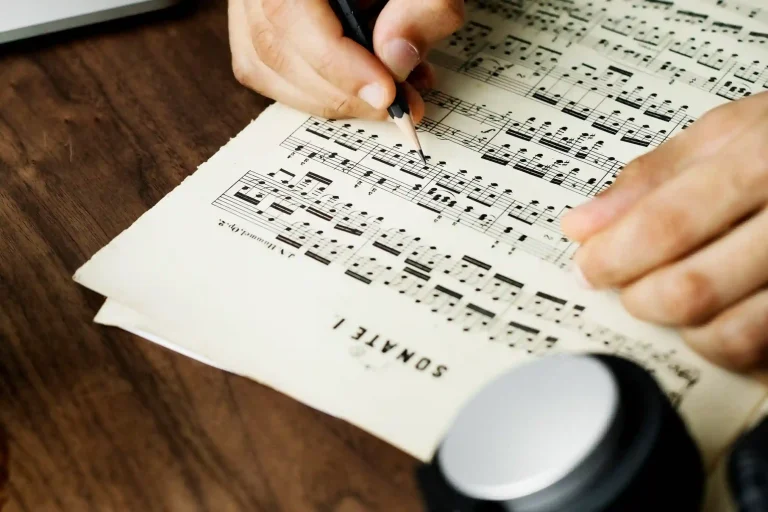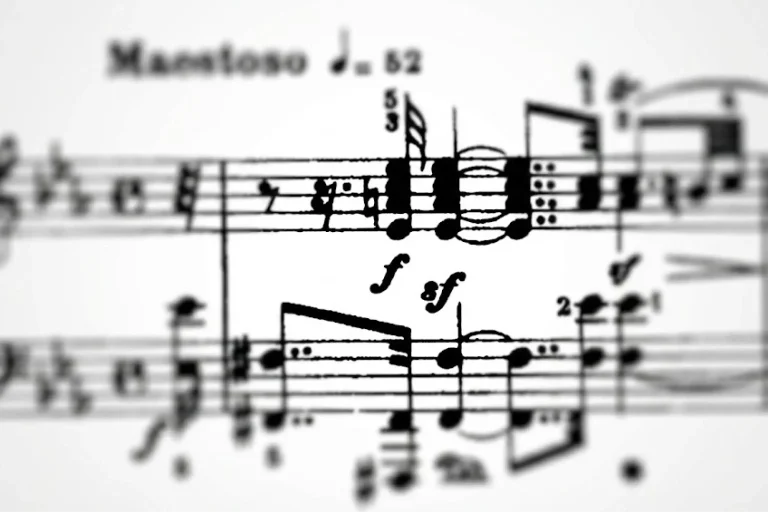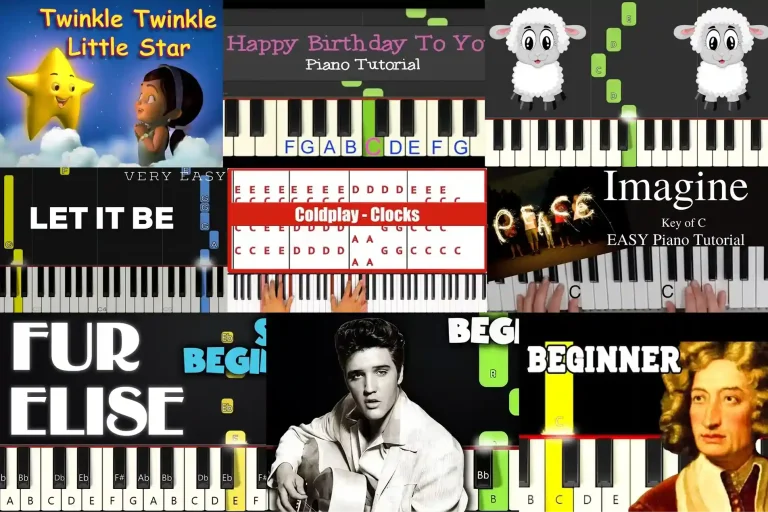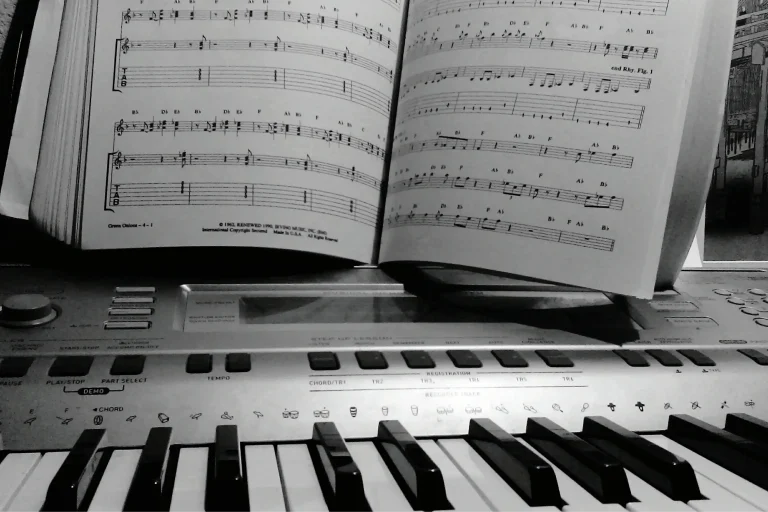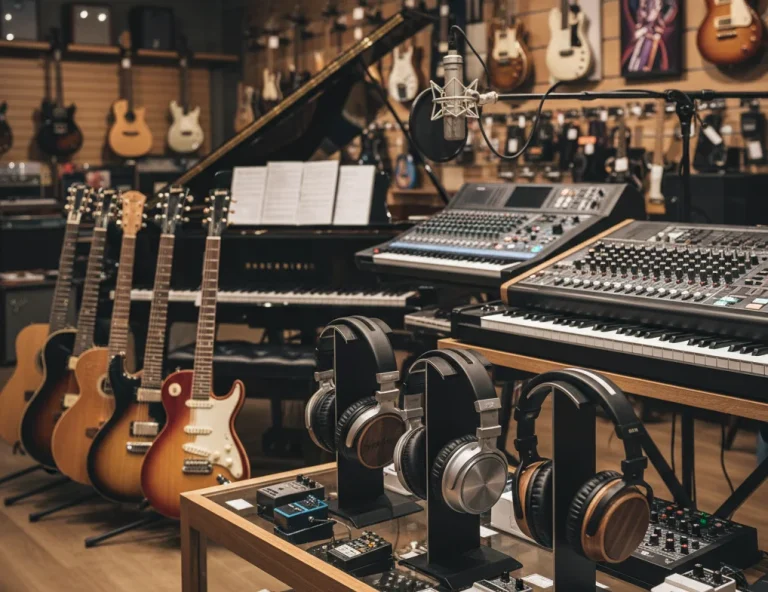All Topics
- Alchemizing Music Concepts for Students
- Artist Spotlight
- artium gift card
- Artium Maestros
- Artium News
- buying guide
- Carnatic Music
- Devotional Music
- Editorials by Ananth Vaidyanathan
- Film Music
- Guitar
- Hindustani Classical Music
- Indian Classical Music
- Indian Folk Music
- Insights
- Instruments
- Karaoke Singing
- Keyboard
- Kids Music
- maestros
- Music Education
- Music for Kids
- Music Industry
- Music Instruments
- Music Legends
- Music Theory
- Music Therapy
- Piano
- piano guide
- Success Stories
- Tamil Film Music
- Telugu Film Music
- Time Theory
- Tools
- Uncategorized
- Vocal Singing
- Vocals
- western classical music
- western music
- Western vocal music
The Best Age to Start Piano Lessons for Children
The Best Age to Start Piano Lessons for Children
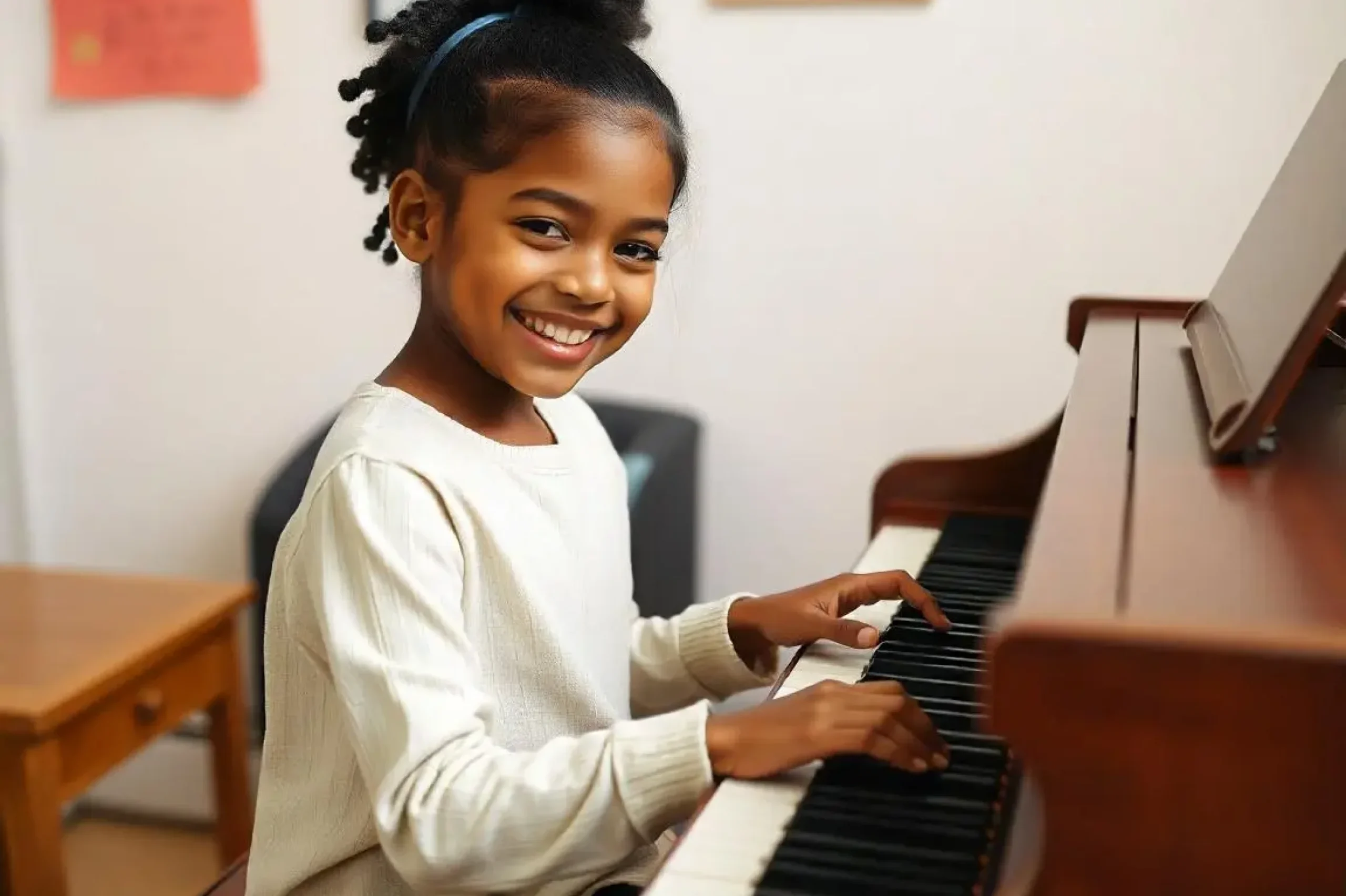
Table of Contents
As a parent, amidst everything that you aspire to and hope for your child, you continuously find yourself trying to provide them with the best facilities and provisions across academics, sports and other extracurricular activities.
Lately, parents have also been focusing on children undertaking music lessons now more than ever, as it makes for a holistic development of a child’s cognition, creativity and emotional expression while inculcating discipline and improving social skills. The best way to understand the fundamentals of music is by learning how to play the piano before other instruments; the layout of a piano or a keyboard is easier to understand scales and chords, which can later on be applied to other musical instruments.
Research says that 5 years is the best age to put children into piano lessons. Let’s study a few other criteria that made us arrive at the decision.
When to Start Piano Lessons for Kids?
- Hand Size:
Physical growth of a child’s fingers are the utmost mark of when a child is ready to play the piano. If their fingers can stretch across five white keys on the piano, they should be good to go!
- Dexterity:
Muscle control plays a huge factor in being able to play the piano easily. So if your child can comfortably move individual fingers with ease, that’s a sign that they are ready to give the instrument a go.
- Reading/Counting Ability:
The piano is usually taught with sheet music or some reading material. This would require your child to be able to understand basic symbols and words along with good hand-eye coordination.
- Desire To Learn:
Never force your child to learn anything, even if it’s music. Encouragement and motivation is always welcome but their desire should also reflect the same; otherwise, it will end up feeling like a chore. This could ruin their interest right from the get-go and build frustration and contempt with themselves. An interest could also take a while to develop, so patience is the key here.
Exceptions:
As parents, it’s important to realise that every child has a different pace of learning and grasping new things. If a child isn’t eager to learn piano, pushing them might stifle their interest. It’s often better to wait until they’re truly ready, as many successful musicians start later and excel due to greater maturity and skills.
Benefits of Learning Piano at a Young Age
- Cognitive Development:
Playing the piano helps in improving memory, concentration and other problem-solving skills. This helps your child stay more focused and add discipline in all aspects of life.
- Emotional Development:
Piano playing fosters self-expression, helps reduce stress, teaches patience and also helps in developing empathy through learning, which in turn enhances a child’s self esteem.
- Motor Skills:
Through developed hand-eye coordination, once your child starts learning the piano, this skill can be further applied to everyday, as well as sports!!
- Academic Skills:
Subjects like math and reading can be heavily influenced by the after-effects of piano playing through improved attention spans and abilities to comprehend complex statements and theories.
How to Structure Piano Lessons for Kids
- Short and Fun Sessions
Don’t expect your child to sit on the piano for hours at the start. Short, fun sessions do the trick to build their interest and love for the instrument.
- Incorporating Games and Activities
Add some quizzes or trivia around the piano as part of their learning experience. Ask them to try and play a note without looking at the piano or to be able to identify the note just by ear. This will build curiosity and make them want to get better through healthy competition with themselves.
- Setting Realistic Goals
It’s important to give your child a sense of accomplishment with every step of learning the piano. Often, appreciate and encourage them on completing every lesson to keep their motivation up and maintain steady progress and improvement.
- Parental Involvement
Your involvement in your child’s piano playing journey is more important than you think. Keep a check on their practice schedule. Sit with them for lessons every once in a while, ask them how they feel about playing the piano and reflect on if there’s anything else you could do to create a better learning environment at home.
For a more comprehensive guide on how to structure piano lessons for kids, check out our article, Piano Lessons for Kids: Ultimate Guide for Beginners. In this guide, you’ll find detailed explanations on how to make piano lessons effective, fun, and engaging for young learners. From creative lesson ideas and practice techniques to setting realistic goals and involving parents in the learning journey, this article covers everything you need to know to help your child succeed with the piano.
Conclusion
In the hustle of today’s day and age, many parents are resorting to online means of learning music, where one can learn in the comfort of their home at their own convenience. We, at Artium Academy are India’s leading music education platform that cater to 20,000+ learners, globally! With piano courses designed and certified by industry experts such as Louiz Banks, we aim to transform you into performers and artists in the piano space, using our elite pioneering learning technology! Book a FREE trial with us and let’s explore your child’s music potential together!


